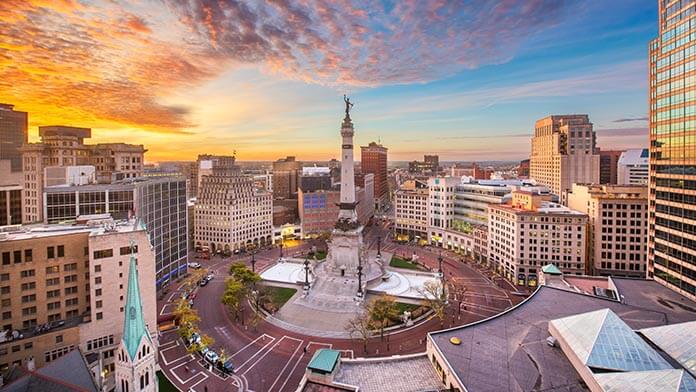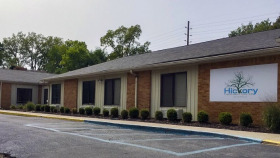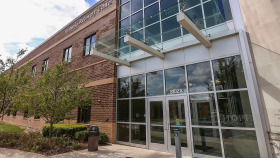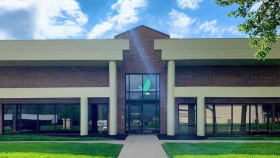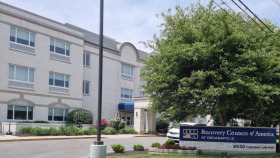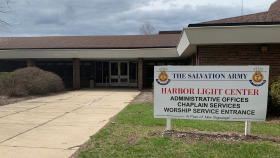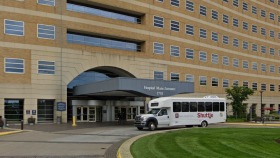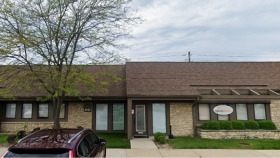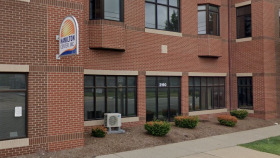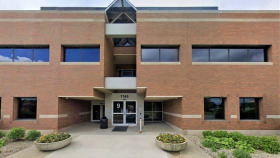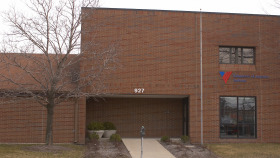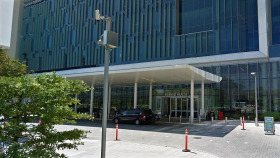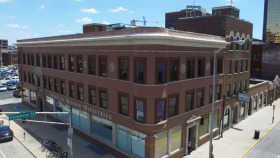Expert Insights
You might not think about the addiction treatment industry when talking about inflation, but there is no escape for any citizen or any business. And when you start putting the pieces of the puzzle together, it becomes crystal clear how inflation could potentially cause millions of Americans to pass up a chance to go to rehab or embrace an opportunity for recovery. Drug rehabs in Texas are facing funding issues, thanks to rising costs of operation, lackluster funding from the state, and an opioid crisis with no end in sight. So in order to receive additional funding needed for the rest of the year, over the next few weeks, you’ll see a wealth of representatives from Texas rehabs testifying before the finance committee for the Texas Health and Human Services Commission. Treatment centers from every corner of the state must lobby for vital funds that will allow them to keep their doors open, continue treating as many clients as possible, and operating robust recovery and aftercare programs.
~ Kerry Nenn
How Expensive is Drug Rehab in Indianapolis?
The cost of drug and alcohol rehab in Indianapolis varies depending on factors such as:
- The type of accommodations and amenities you’re seeking
- The location of the facility or detox center (places closer to the city tend to cost more)
- Whether or not you attend a government-funded program
- Which insurance providers your desired facility accepts payment from
- Your health insurance coverage or ability to pay
- The length of your stay (30 days vs. 90 days)
- Whether you need inpatient or outpatient care
 Inpatient care generally costs more because the cost of room and board is included. Furthermore, luxury and executive settings will be more costly given the quality of specialized treatments and availability of amenities like on-staff masseuses and equine therapy.
Inpatient care generally costs more because the cost of room and board is included. Furthermore, luxury and executive settings will be more costly given the quality of specialized treatments and availability of amenities like on-staff masseuses and equine therapy.
Low-Cost and Free Drug Rehab Centers in Indianapolis
Your financial situation will help guide you to the appropriate facility, which may include low-cost options offered by governmental and non-profit organizations.
For help finding low-cost and free Indianapolis drug rehabs, give your nearest social services office a call or reach out to religious groups such as the Salvation Army. You can also browse our directory to find free programs that accept sliding-scale fees.
Does Insurance Cover Indianapolis Rehab Center Costs?
Your health insurance might pay for all or most of the cost of treatment, particularly for items such as medication management and counseling. You can find an addiction treatment center that accepts your insurance by calling the phone number on the back of your insurance card.
While federal and state health insurance may not cover every facility, some programs may offer sliding-scale fees to people in lower-income brackets.
Government-funded programs and ones that accept Medicaid and Medicare will usually offer less luxurious amenities but have the latest evidence-based therapies and extensive community support available for clients.
Regardless of your health insurance coverage and financial situation, you have numerous options in Indianapolis and the surrounding area.
According to SAMHSA, within 25 miles of the city center, there are 85 facilities offering substance abuse services, including:
When you’re seeking treatment for your addiction, make sure to ask facilities about their cost for services and verify your health insurance coverage.
You can also inquire about the chance of scholarship and sliding-scale fees if you’re self-pay.
If you have insurance questions, get help today at
800-681-1058
(Sponsored)
.
Resources
- Indiana University. (2022). The Crisis in Indiana.
- Marion County Coroner’s Office. (2020). MCCO 2020 Annual Report.
- Substance Abuse and Mental Health Administration. (2022). Behavioral Health Treatment Services Locator.
- National Alliance on Mental Illness. (2022). Substance Use Disorders.
- Marion County Court Diversion Drug Treatment Program. (2022). Drug Treatment Program.

